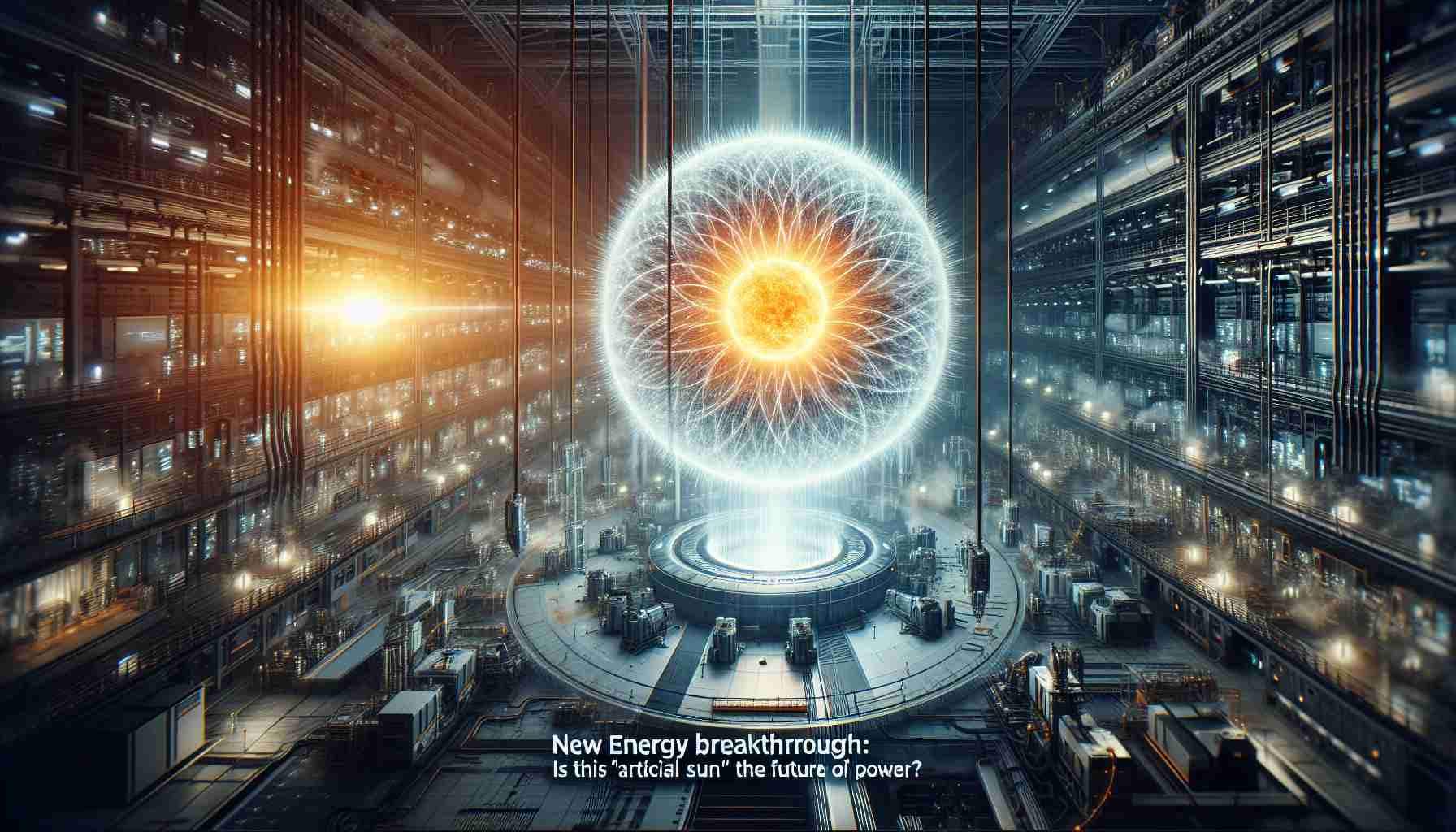Onagawa Nuclear Power Station Trouble
Japan’s Onagawa nuclear power plant, which recently resumed operations after a lengthy hiatus, is facing challenges just days after its revival. The number two reactor, which was restarted on October 29, had stirred optimism for energy production as it was expected to connect to the power grid this November.
However, the reactor’s operational hopes were dashed early Monday when it was shut down due to equipment issues. Tohoku Electric Power Company reported that the shutdown was necessitated by a malfunction involving a measuring instrument. The company decided to pause operations to investigate and resolve the underlying cause of this failure.
Fortunately, Tohoku Electric reassured the public that there have been no leaks of radioactive materials as a result of the shutdown. Safety remains a priority, and the decision was made to ensure the well-being of both the facility’s workers and the surrounding community.
The Onagawa plant, located just 62 miles from the Fukushima site, remarkably withstood the devastating 2011 earthquake and tsunami. Since the disaster led to an extensive shutdown of Japan’s nuclear infrastructure, Onagawa’s number two reactor is significant as it marks the 13th such reactor to resume operations in the country. As Japan aims for carbon neutrality by 2050, the future of its nuclear energy sector remains a critical topic.
New Challenges for Japan’s Nuclear Revival: The Onagawa Dilemma
Onagawa’s Broader Impact on Energy Policies
The recent troubles at the Onagawa Nuclear Power Station signal not just operational issues, but they also have broader implications for Japan’s energy policies and public confidence in nuclear power. The Onagawa plant, and indeed the entire nuclear sector, is under scrutiny as the nation seeks to balance energy needs with safety concerns. There is an ongoing debate among lawmakers and energy officials about the future role of nuclear energy in Japan’s pursuit of sustainability and energy independence.
Public Sentiment and Activism
Since the Fukushima disaster in 2011, public sentiment towards nuclear energy in Japan has been deeply divided. Many residents remain skeptical about the safety of nuclear power, fearing potential disasters. Activism has surged in response to government efforts to reintegrate nuclear energy into Japan’s energy mix, often clashing with corporate interests. This distrust could be exacerbated by any operational issues, such as those encountered at Onagawa. Advocacy groups are pushing for more transparency and comprehensive safety measures, calling for shifts to renewable energy sources instead.
Economic Consequences
The economic ramifications of stalled operations at Onagawa extend far beyond the plant itself. Shutting down a reactor can lead to increased energy costs for consumers and businesses, adding to inflationary pressures. Experts warn that repeated operational failures can hinder Japan’s recovery from energy imports and affect international trade. Moreover, Japan’s reliance on fossil fuels can have substantial secondary effects on global energy markets, potentially leading to higher prices and volatility.
Global Perspectives on Nuclear Energy
As countries worldwide embrace or reject nuclear energy, Japan’s challenges at Onagawa echo the experiences of other nations. For instance, countries like Germany and Italy are transitioning away from nuclear energy in light of public concerns over safety and waste disposal. Meanwhile, nations such as France and China are investing heavily in nuclear infrastructure. This divergence highlights a critical question: can countries sustainably manage nuclear energy while addressing safety concerns?
Frequently Asked Questions About Nuclear Power in Japan
What are the implications of Onagawa’s operational issues?
The technical malfunctions could delay Japan’s carbon neutrality goals and reduce public confidence in the safety of nuclear facilities. This could also lead to increased investments in alternative energy sources, hindering nuclear sector growth.
Is there significant public protest against nuclear energy in Japan?
Yes, numerous protests and campaigns are organized by local communities and activists who emphasize the dangers highlighted by the Fukushima disaster. These groups advocate for increased investment in renewable energy instead.
How does Japan’s reliance on nuclear energy affect its economy?
Heavy reliance on imported energy sources can increase costs and destabilize the economy. Nuclear energy was once seen as a stabilizing factor in energy prices, and operational failures may reverse this trend.
Conclusion
As Japan continues to navigate its complex relationship with nuclear energy, the fate of the Onagawa Nuclear Power Station is a bellwether for broader industry trends. The intersection of public opinion, safety concerns, and economic implications will undoubtedly shape the future of energy in Japan and could reverberate through international energy policies as well. Whether Japan will be able to ensure both energy security and public safety remains a pressing question in the global dialogue on nuclear power.
For more information about Japan’s energy policies, you can visit Japan Times.
The source of the article is from the blog klikeri.rs















